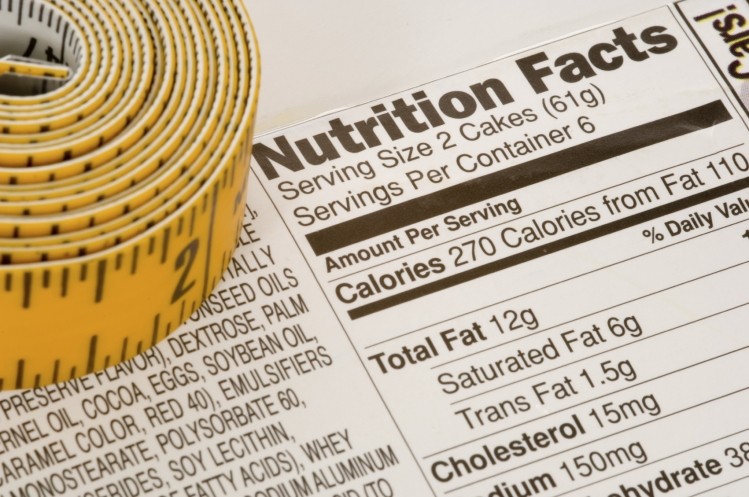Food Safety Conference
Labelling changes strike ‘fear’ into SMEs

Companies producing small batches of artisanal products, such as cheese or bread, would not meet the rules forced upon them by the new Food Information for Consumers Regulation (FIR), Duncan Swift, partner and head of food advisory at Moore Stephens claimed.
“They are fearful that the potential implications of FIR will mean they cannot continue to be artisanal and could go out of business as a result,” Swift told FoodManufacture.co.uk at the Food Manufacture Group’s food safety conference last week.
Impossible for SMEs
The essence of producing small batches of artisanal products meant there were often big differences in the nutritional properties from one product to another, which would be impossible for SMEs to keep track of and label on pack, he said.
SMEs had already made changes to labels to comply with the first round of FIR this December 13 – enforcing minimum font size and highlighting allergens in the ingredients list – he said.
But nutritional labelling changes, due to be enforced in 2016, would be too much for SMEs to handle, as they didn’t have the technical capabilities to analyse the full composition of products, he added.
“The rules are all very well for major food companies, which can absorb the cost,” explained Swift.
“But changes to the rules risk destroying the basis of those SMEs that cannot deal with the costs that come with the changes.”
Suffer from FIR
Artisan cheese makers were a striking example of the type of business that could suffer from the FIR, he claimed.
“Regional cheese producers may not know the fat content of the milk they receive week by week, as it varies.
“The protein and fat levels in the end product also vary dramatically and it’s impossible for them to monitor these changes and label accordingly,” Swift added.
However, Christopher Conder, policy advisor for food labelling at the Department for Environment, Food and Rural Affairs, said all food businesses would have time to get things right before enforcement notices were issued.
“Enforcement officers will continue to use a light-touch, collaborative approach, to those not complying,” he told delegates at the conference.
“A lot of people have been warned that improvement notices will be used in a gung-ho approach, but officers will use a light-touch approach and collaborate.”
Meanwhile, speakers at the food safety conference also discussed other emerging food safety issues, including the threat of antimicrobial resistance to the food sector.















